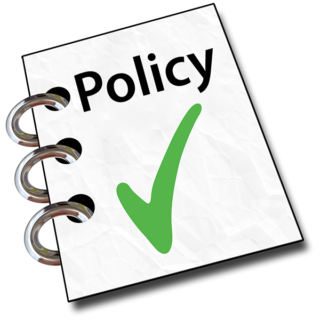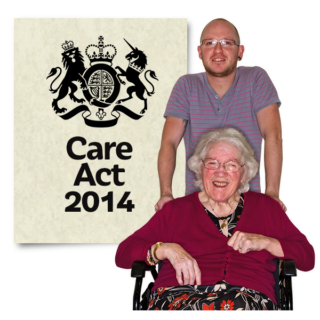
The Care Act Easements in England are to be removed after a vote in parliament on the 25th March.
When they are removed local authorities won’t be able to operate under the Care Act Easements anymore.

The care act easements are changes that were put in place by the government to help the care system manage the extra pressures they are facing because of Covid.

The Care Act easements meant local authorities could change the way they worked if more people needed support or too many paid staff and family carers got sick during the pandemic.

Some examples of the changes that local authorities could make under the Care Act easements were:
- Local authorities did not have to carry out detailed assessments of people’s care and support needs that are in line with The Care Act.
- Local authorities did not have to carry out financial assessments in line with The Care Act.

The end of easements has been welcomed by lots of people with learning disabilities and their families.

More than 20 disabled people’s organisationshad written to health and social care secretary Matt Hancock to ask him to suspend the “Care Act easements”.


The Care Act has always still been the law and all the law should have been followed throughout the pandemic unless a Council said it needed to change because of Coronavirus.
Until / unless your Council explained why it was changing it should have still been following all of The Care Act.

According to The Department of Health and Social Care (DHSC), eight local authorities in England have used the powers.
DHSC have said the powers have not been used by any local authority since 29 June 2020.

Lots of people have not yet seen their support return to pre Covid levels (i.e day provision, natural support and friendships etc).
Members and partners hope local authorities and the government will make sure flexible arrangements continue as we all move forward over coming months.

The lessons learnt from the creativity shown by people with learning disabilities, their families and the organisations that support them should be used to inform how people might want their support to look like in future.
Learning Disability England will work in partnership to try to make sure good practice is captured and used to inform future assessments, provision and commissioning.